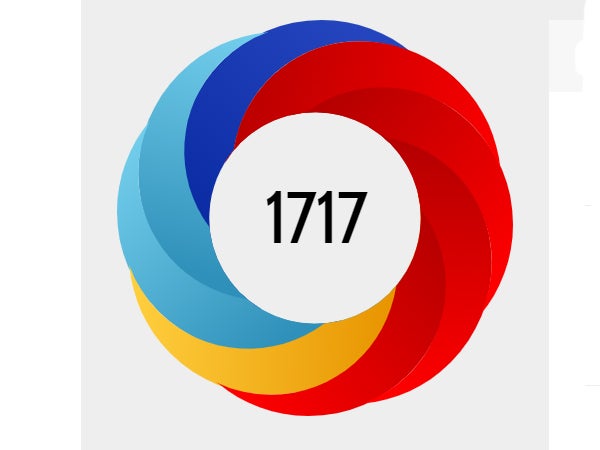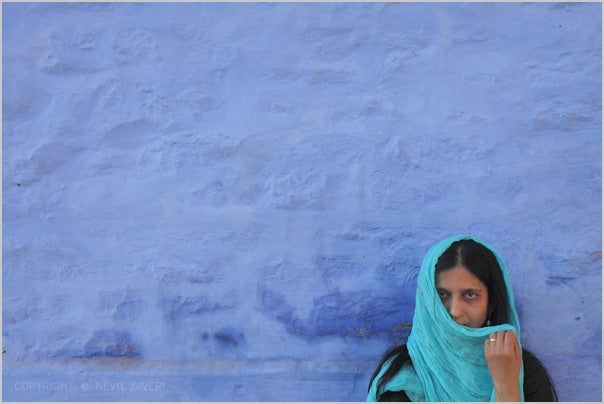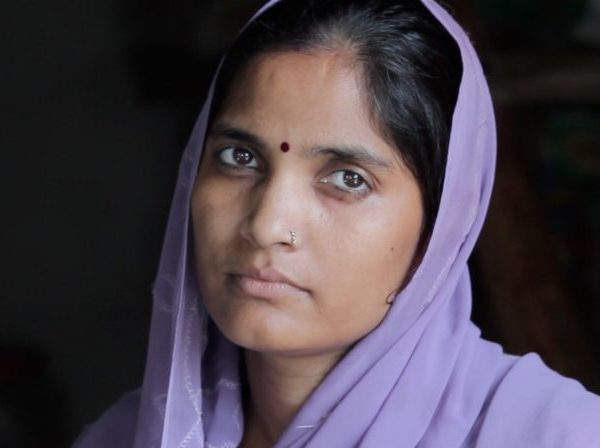HCPDS faculty member Claudia Goldin has been award the Nobel Prize in Economic Sciences for her comprehensive research into women’s participation in the U.S. labor force over centuries, highlighting inequalities in wages by gender.
Study on optimism and longevity in women led by GSA Hayami Koga receives high Altmetric score for being cited & shared digitally
A study led by our graduate student affiliate Hayami Koga (faculty member Laura Kubzansky is also an author) received the highest Altmetric score (1717) for being the most cited, shared, and “talked about” article in the Journal of the American Geriatrics Society in 2022. The study, which was profiled in The Harvard Gazette, found that women across racial and ethnic groups who reported having a positive outlook, were more likely…
In India, women face higher risk of death from COVID-19 than men
The findings of a study published in the Journal of Global Health Science show that women In India , particularly in certain age groups, do not have the biological advantage over men of fighting off COVID-19. The authors suggest that social determinants of health, such as access to healthcare, and health and nutritional status, could be undermining the female advantage witnessed in many other countries. Authors on the study include…
Continue reading “In India, women face higher risk of death from COVID-19 than men”
Prevalence of diabetes among subset of women in India varies by region
This cross-sectional study published in Journal of Diabetes & Metabolic Disorders by faculty member S V Subramanian and his colleagues Shrikant Singh and Parul Puri found that the burden of diabetes among women (ages 35-49) was higher in the southern and eastern parts of India, and was lower in central India. Read more about the study on Hindu.com and in this news post by the Harvard T.H. Chan School of…
Continue reading “Prevalence of diabetes among subset of women in India varies by region”
Are there “missing” women patients in India? A closer look at gender discrimination in access to healthcare
Harvard Pop Center faculty member S V Subramanian, PhD, is among the authors of a study that reviewed outpatient data from a large referral public hospital in Delhi, India, and found that for every 1.69 male hospital visits, there was only 1 female visit. The ratio varied with distance to hospital, as well as with age. Other authors on the study include: Mudit Kapoor, Deepak Agrawal, Shamika Ravi, Ambuj Roy,…
Untangling depression and anxiety using hair samples in India
Harvard Pop Center Director Lisa Berkman, PhD, and her colleagues have published a study that has found a connection between higher levels of the sex hormone dehydroepiandrosterone (DHEA) and lower levels of depression when analyzing hair samples of over 2,000 women in rural India. Learn more about how other sex hormones, such as testosterone and progesterone, may factor into depressive and anxiety disorders. Other authors include: Andreas Walther, C. Tsao,…
Continue reading “Untangling depression and anxiety using hair samples in India”
India’s gender gap in mobile phone usage is fourth highest in world
According to a new Harvard Kennedy School study—with Harvard Pop Center faculty member Rohini Pande and recent Harvard Bell Fellow Natalia Rigol among its authors—men in India are 33 percentage points more likely than women to own a cell phone, on average. Learn how this imbalance can influence other forms of inequalities in this news piece on counterview.com.
Women business owners in India & Sri Lanka commonly invest their microfinance loans & grants in male household member’s business enterprises
A recent working paper by Harvard Pop Center Bell Fellow Natalia Rigol, PhD, along with faculty member Rohini Pande, PhD, is the subject of this post on Ideas for India that offers some explanations as to why previous studies have shown that female-operated enterprises in India and Sri Lanka have not benefited from access to grants and loans as much as male-operated businesses.
Safer sex, better HIV prevention practiced by young South African women with jobs, own money
Harvard Pop Center Bell Fellow F. Xavier Gomez-Olive, PhD, and faculty member Kathleen Kahn, PhD, are among the authors of the study published in AIDS and Behavior.
Impact of long-term unfair treatment on cardiovascular health in women found to vary by race
Rebecca C. Thurston, PhD, an alumna of the Harvard RWJF Health & Society Scholars program, is an author on a study published in Health Psychology that has found that Caucasian women who were exposed to cumulative (over a 10-year period) unfair treatment had worse cardiovascular health. The same exposures were not found to impact the CV health of women of the other races in the study.



